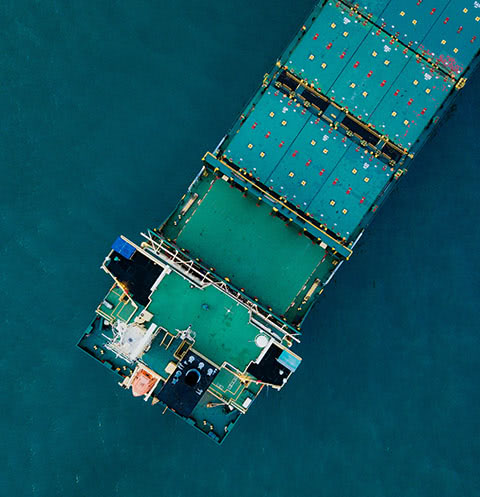
International trade offers vast opportunities for business expansion, but the import/export process can be complex and challenging. To ensure smooth operations and avoid costly delays, here are some essential tips to navigate international trade effectively.
1. Understand Trade Regulations and Compliance
Navigating international trade begins with a solid understanding of trade regulations. Each country has its own set of rules, tariffs, and taxes, and staying compliant is crucial to avoid fines or delays. Keep yourself updated on any changes in trade agreements or regulations that might affect your operations.
2. Select the Right Logistics Partner
A reliable logistics partner is key to successful international trade. Choose a provider with extensive experience in global shipping, who can manage customs documentation, and offers comprehensive supply chain solutions. A strong logistics partner ensures that your goods are delivered on time, no matter where they need to go.
3. Optimize Your Supply Chain Management
Effective supply chain management reduces costs and minimizes delays. Plan your supply chain from sourcing to delivery, including inventory management, warehousing, and transportation. Use technology such as real-time tracking to monitor the progress of your shipments and ensure everything is on track.
4. Ensure Accurate Documentation
Proper documentation is critical for a smooth import/export process. Essential documents include commercial invoices, packing lists, certificates of origin, and bills of lading. Ensure all paperwork is accurately completed to prevent customs delays and avoid penalties.
5. Mitigate Risks with Insurance and Contracts
International trade involves various risks, including damage during transit, currency fluctuations, and payment issues. Protect your business by securing appropriate insurance and drafting clear contracts that outline the responsibilities of all parties involved. This proactive approach safeguards your operations and ensures that you are covered in case of unforeseen issues.
6. Stay Informed About Market Trends
Understanding global market trends is essential for making informed decisions in international trade. Keep up with global supply and demand, seasonal trends, and emerging markets. This knowledge will help you optimize your trade strategy and identify new opportunities.
7. Leverage Technology for Automation
Automation is a powerful tool for improving the efficiency of your import/export processes. From automated customs clearance to digital inventory management, technology can reduce manual errors, speed up operations, and lower costs. Embrace automation to stay competitive and ensure your supply chain runs smoothly.
Conclusion
Navigating international trade requires careful planning, strong partnerships, and a thorough understanding of regulations. By optimizing your supply chain, leveraging technology, and staying informed, you can streamline your import/export processes and succeed in the global market.








